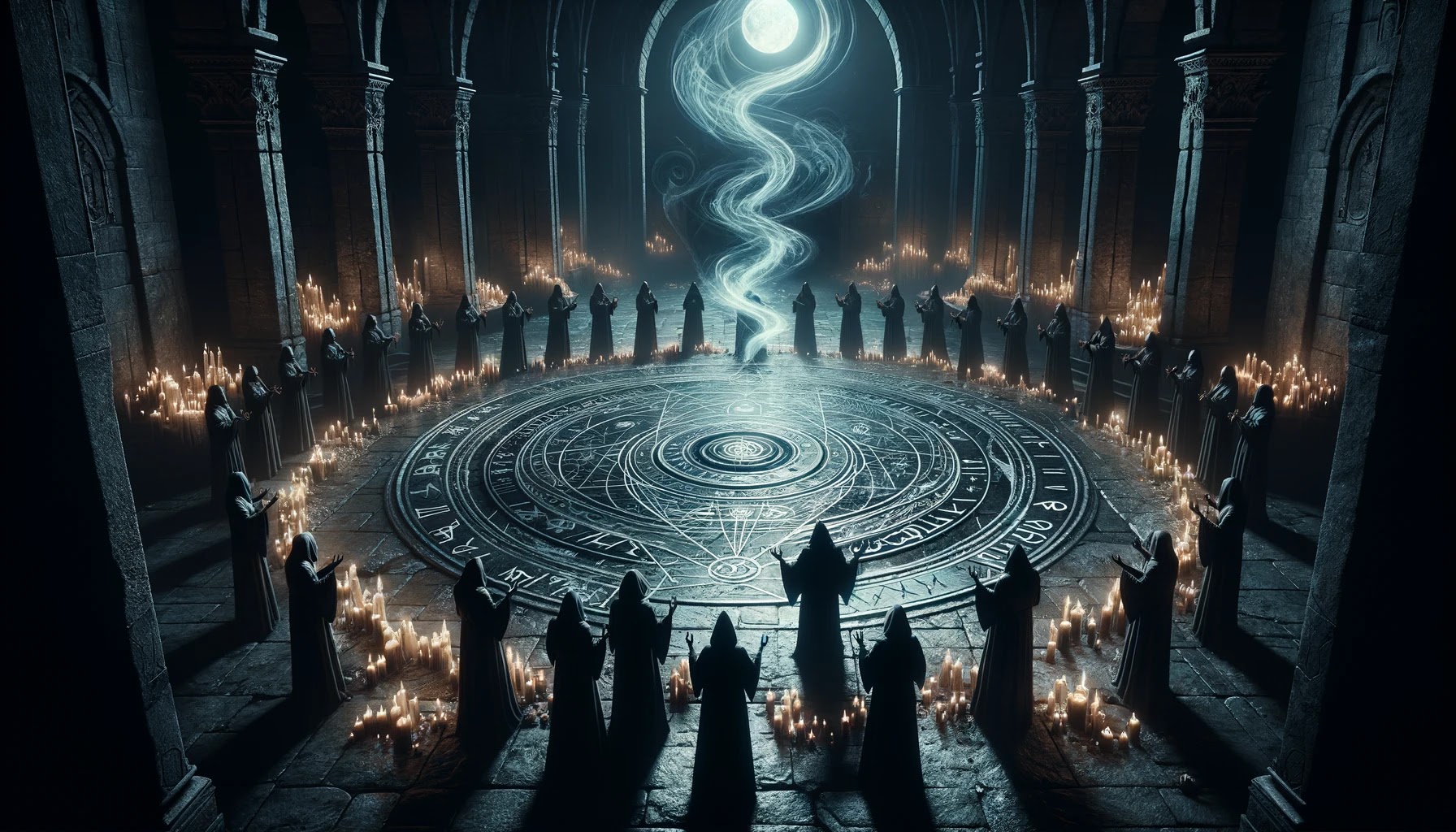Summoning a demon is a topic shrouded in mystery, fear, and significant risk. Throughout history, various cultures and traditions have warned against the dangers associated with attempting to contact these malevolent entities. The practice, often found in the darker corners of occultism and esoteric beliefs, involves rituals and invocations aimed at calling forth demons for various purposes. This blog delves into the inherent risks, the historical context, and the ethical considerations surrounding the act of summoning a demon, offering a comprehensive exploration of why such endeavors are fraught with peril.
The Allure of the Forbidden
The fascination with summoning demons often stems from a desire for power, knowledge, or control that seems beyond the reach of normal human capabilities. Individuals may turn to these practices in search of forbidden knowledge, assistance in personal or professional endeavors, or even out of sheer curiosity about the supernatural. However, this allure often masks the profound risks associated with invoking entities that are traditionally understood to be inherently deceptive and malevolent.
Historical Context and Practices
Historically, texts like the "Ars Goetia" in the "Lesser Key of Solomon" provide detailed descriptions of demons and the rituals required to summon them. These grimoires, often dating back to medieval times, outline complex ceremonies involving specific symbols, incantations, and offerings. While these texts may seem like a gateway to power, they also underscore the dangers and moral compromises involved in such practices.
The Risks of Summoning Demons
Psychological and Emotional Turmoil
Engaging in the summoning of demons can lead to significant psychological stress and emotional disturbances. The intense fear, anxiety, and paranoia associated with inviting a malevolent presence into one's life can have long-lasting effects on mental health. Practitioners may experience nightmares, hallucinations, or a pervasive sense of dread, reflecting the psychological impact of these rituals.
Spiritual Consequences
Many religious and spiritual traditions believe that summoning demons can lead to severe spiritual consequences. This may include the tarnishing of one's spiritual integrity, the formation of unhealthy attachments to malevolent entities, or even spiritual possession. These outcomes not only endanger the individual's spiritual well-being but can also have ripple effects on their surroundings and relationships.
Physical Dangers
Though less commonly reported, there are accounts of physical manifestations of harm following attempts to summon demons. These include unexplained illnesses, accidents, or disturbances in the home. Whether these are directly attributable to demonic interference or the psychological stress involved in such practices is subject to debate, but the correlation between summoning rituals and physical misfortunes is a recurring theme in anecdotal evidence.
Ethical and Moral Implications
The act of summoning a demon often involves rituals and pacts that can have serious ethical and moral implications. Engaging with malevolent entities may require practitioners to compromise their values, engage in harmful behaviors, or make promises that bind them to these entities in detrimental ways. Such compromises can lead to a degradation of personal integrity and moral standing.
Cultural and Media Influence
Popular culture and media often portray the summoning of demons in a sensationalized or romanticized manner, glossing over the inherent risks and ethical dilemmas. Movies, books, and television shows may depict these practices as thrilling or empowering, without adequately addressing the potential consequences. This portrayal can lead to a trivialization of the dangers and a misunderstanding of the seriousness of these practices.
Safeguards and Warnings
In traditions where the summoning of spirits or entities is practiced, numerous safeguards and protective measures are emphasized. These include specific rituals for protection, the invocation of benevolent spirits or deities for guidance, and strict adherence to ritual protocols. The emphasis on such safeguards underscores the recognition of the inherent dangers in these practices.
Conclusion: Heeding the Warnings
The risks associated with summoning demons are manifold, encompassing psychological, spiritual, physical, and ethical dimensions. The historical and cultural contexts of these practices highlight the gravity and potential consequences of engaging with malevolent supernatural entities. While the allure of power or knowledge may be tempting, the warnings and admonitions found in various traditions underscore the perilous nature of such endeavors.
In conclusion, the act of summoning a demon is fraught with dangers that far outweigh any perceived benefits. The potential for harm, both immediate and long-term, serves as a stark warning against delving into practices that seek to manipulate or control forces that are, by their very nature, beyond human comprehension and control. Those tempted by the allure of the occult would do well to heed the warnings of history, tradition, and countless accounts that advise against opening doors that may never be closed again.













No comments:
Post a Comment